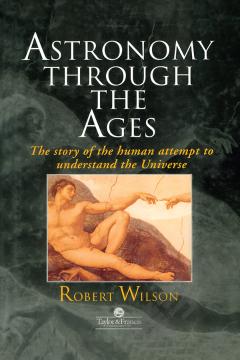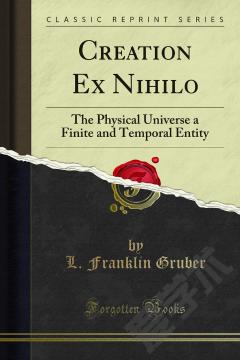The Restless Universe —— Understanding X-Ray Astronomy in the Age of Chandra and Newton
----- 不安定的宇宙:了解钱德拉和牛顿时代的X射线天文学
Carl Sagan once noted that there is only one generation that gets to see things for the first time. We are in the midst of such a time right now, standing on the threshold of discovery in the young and remarkable field of X-ray astronomy. In The Restless Universe, astronomer Eric Schlegel offers readers an informative survey of this cutting-edge science. Two major space observatories launched in the last few years--NASA's Chandra and the European Newton--are now orbiting the Earth, sending back a gold mine of data on the X-ray universe. Schlegel, who has worked on the Chandra project for seven years, describes the building and launching of this space-based X-ray observatory. But the book goes far beyond the story of Chandra. What Schlegel provides here is the background a nonscientist would need to grasp the present and follow the future of X-ray astronomy. He looks at the relatively brief history of the field, the hardware used to detect X-rays, the satellites--past, present, and future--that have been or will be flown to collect the data, the way astronomers interpret this data, and, perhaps most important, the insights we have already learned as well as speculations about what we may soon discover. And throughout the book, Schlegel conveys the excitement of looking at the universe from the perspective brought by these new observatories and the sharper view they deliver. Drawing on observations obtained from Chandra, Newton, and previous X-ray observatories, The Restless Universe gives a first look at an exciting field which significantly enriches our understanding of the universe.
{{comment.content}}








 京公网安备 11010802027623号
京公网安备 11010802027623号